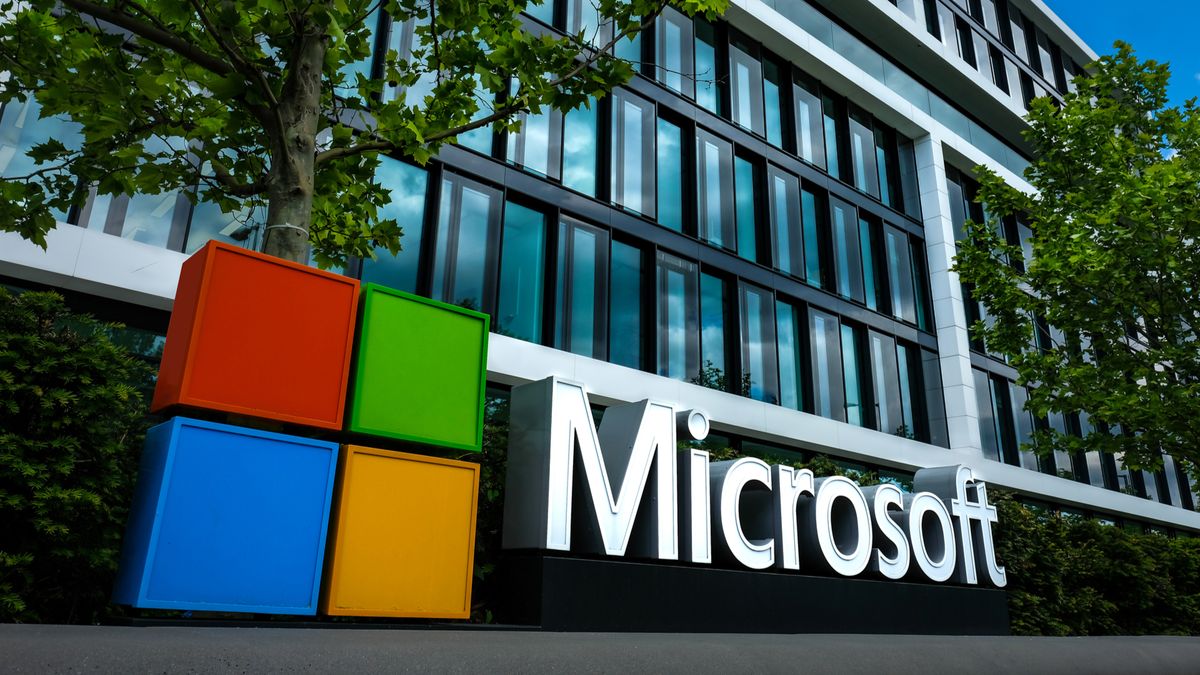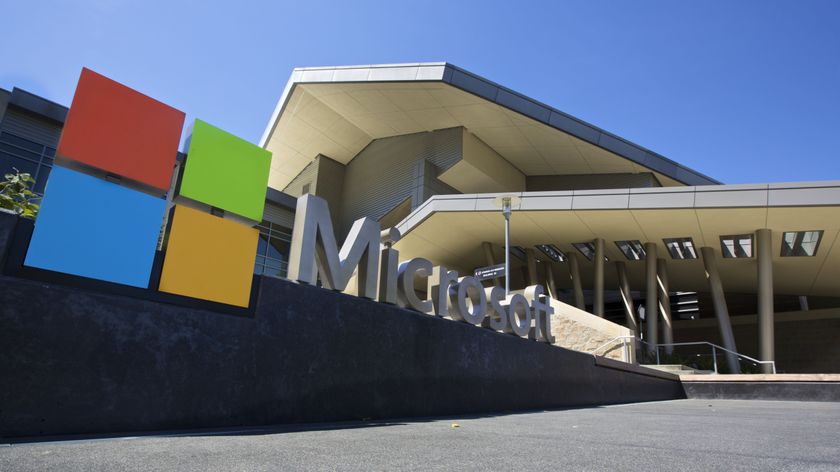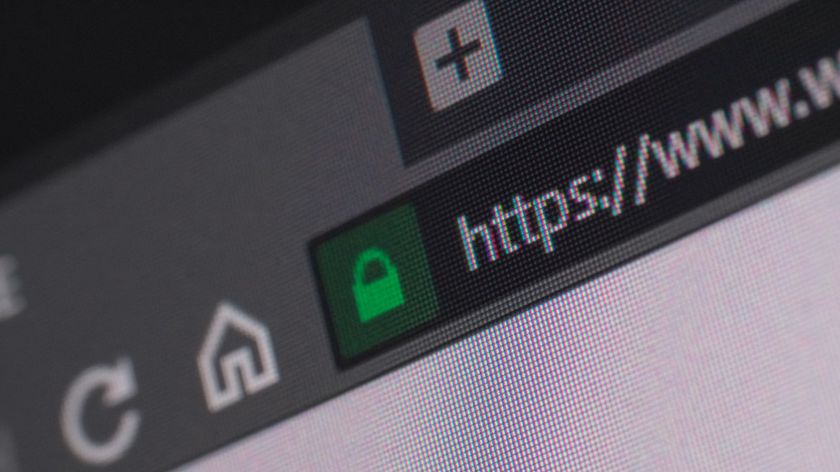Microsoft wants to help fill millions of cybersecurity jobs worldwide
The company is expanding cybersecurity jobs program to 23 new countries

Microsoft is expanding its cybersecurity skilling campaign to cover a total of 23 countries.
In a blog post by Kate Behncken, the company’s Vice president and lead of Microsoft Philanthropies, the company said it expects there to be 3.5 million open cybersecurity jobs globally by 2025, representing a 350% jump, according to Cybersecurity Ventures.
To tackle the problem, Microsoft is expanding its cybersecurity skill campaign, currently only operating in the US, to Australia, Belgium, Brazil, Canada, Colombia, Denmark, France, Germany, India, Ireland, Israel, Italy, Japan, Korea, Mexico, New Zealand, Norway, Poland, Romania, South Africa, Sweden, Switzerland, and the United Kingdom.
We're looking at how our readers use VPNs with different devices so we can improve our content and offer better advice. This survey shouldn't take more than 60 seconds of your time. Thank you for taking part.
Closing the cybersecurity and gender gaps
Explaining why the company chose these countries, Behncken said they have an “elevated cyberthreat risk”, as well as a “significant gap” in their cybersecurity workforces, both in terms of the number of pros, as well as in terms of diversity.
So, Microsoft doesn’t just want more cybersecurity pros, handling antivirus programs and such, around the world - it wants more female cybersecurity pros around the world. “This isn’t just about equality, there’s a business case too: gender-diverse businesses perform better,” the announcement noted.
To make sure the project succeeds, Behncken further adds, Microsoft wants to cover a few baseline elements, such as understanding the skills gap of each individual country.
“As a broader community, we can’t solve a problem we don’t fully understand, which is why Microsoft is launching a new partnership with the Organization for Economic Cooperation and Development (OECD) to not only develop a detailed study on the skills gap in selected countries but also improve the ability to grow cybersecurity workforces through postsecondary education and training,” the blog explains.
Are you a pro? Subscribe to our newsletter
Sign up to the TechRadar Pro newsletter to get all the top news, opinion, features and guidance your business needs to succeed!
Furthermore, the company will offer free training for cybersecurity pathways through its LinkedIn Learning platform, provide curriculum to educational institutions in the countries, and provide a tuition-free global computer science training program, together with Ecole 42, whose mission is to educate the next generation of software engineers.
- These are the best firewalls right now
Sead is a seasoned freelance journalist based in Sarajevo, Bosnia and Herzegovina. He writes about IT (cloud, IoT, 5G, VPN) and cybersecurity (ransomware, data breaches, laws and regulations). In his career, spanning more than a decade, he’s written for numerous media outlets, including Al Jazeera Balkans. He’s also held several modules on content writing for Represent Communications.

























